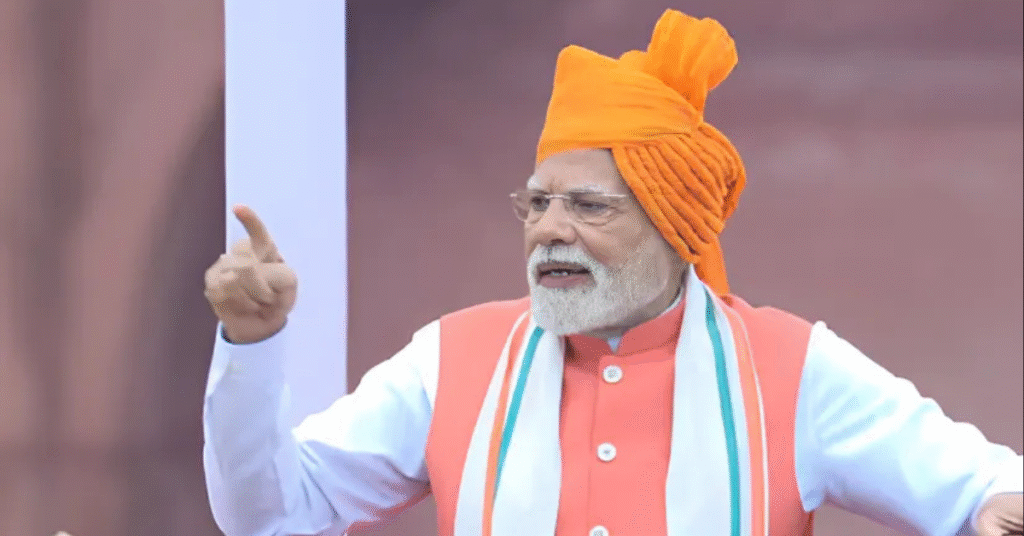New Delhi | August 16, 2025 – In his 12th consecutive Independence Day speech, Prime Minister Narendra Modi announced a landmark set of GST reforms, calling it a “Diwali gift” to citizens and businesses alike. The reforms aim to simplify India’s tax system, reduce rates on essential goods, and support the growth of startups and MSMEs.
Key Highlights of the Reforms
- Simplified Tax Structure: Multi-tier GST slabs will be streamlined into 5% and 18%, with a special 40% rate for sin and demerit goods.
- Reduction in Tax Rates: About 99% of items in the 12% bracket will move to 5%, including appliances, packaged food, and medical supplies like oxygen and diagnostic kits.
- Support for MSMEs: Reduced tax burdens will increase affordability, boost consumption, and ease compliance for small businesses.
- Implementation Timeline: The GST Council will finalize details in the lead-up to Diwali.
Strategic Implications for Startups
- Lower Operational Costs: Reduced taxes on essentials can positively impact manufacturing, retail, and logistics costs.
- Higher Consumer Demand: Lower prices may drive spending, benefiting startups offering daily-use products and services.
- Simplified Compliance: Fewer slabs and clearer rules reduce the administrative burden, allowing entrepreneurs to focus on growth and innovation.
The upcoming GST reforms are a reminder that policy shifts can create new opportunities. Startups that prepare early to leverage reduced costs and higher consumer spending can gain a strategic advantage in the market.
Stay updated with StartupByDoc for timely insights on policy changes, market trends, and strategies for India’s startup ecosystem.


